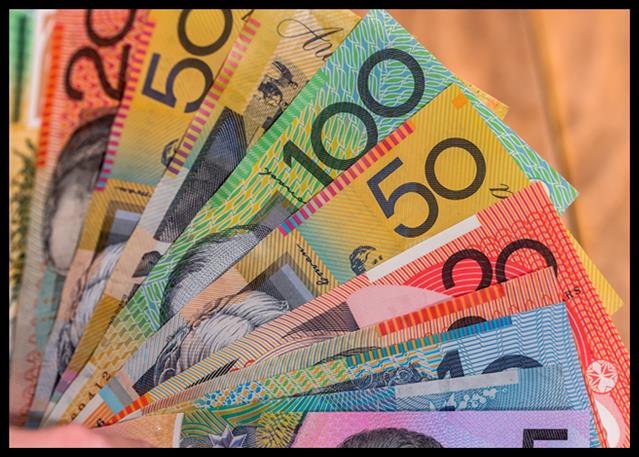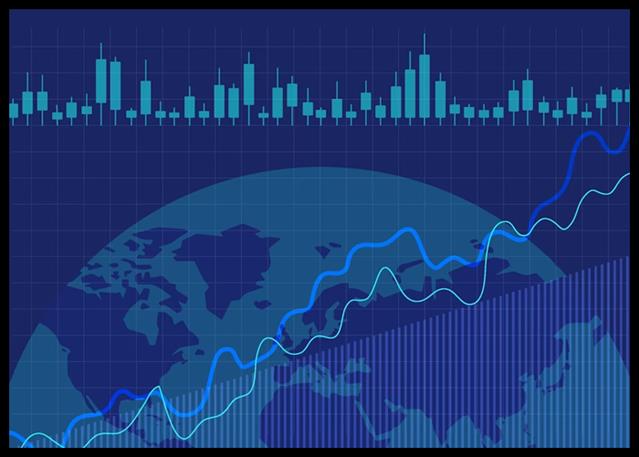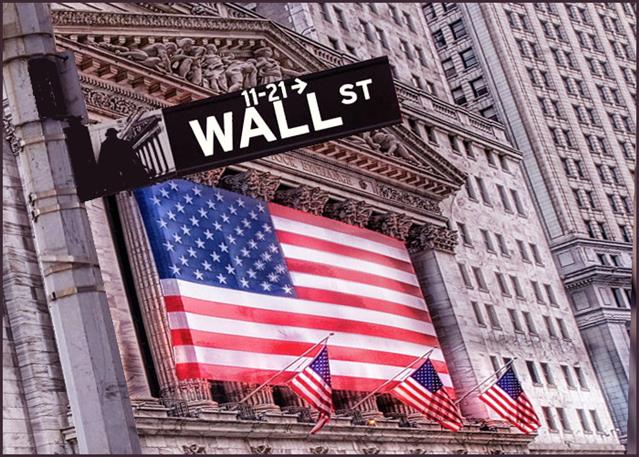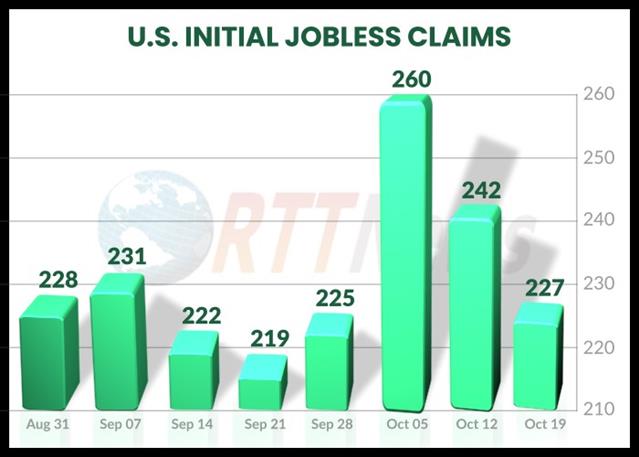Australia Inflation Eases In July
Australia's consumer price inflation moderated in July on energy rebates, official data showed on Wednesday. The monthly consumer price index indicator posted an annual increase of 3.5 percent in Jul...

Australia’s consumer price inflation moderated in July on energy rebates, official data showed on Wednesday.
The monthly consumer price index indicator posted an annual increase of 3.5 percent in July, following June’s 3.8 percent rise, the Australian Bureau of Statistics reported. Inflation was forecast to ease to 3.4 percent.
Excluding volatile items and holiday travel, the monthly CPI indicator gained 3.7 percent, weaker than June’s 4.0 percent rise.
The trimmed mean inflation, an alternative measure of underlying inflation, was 3.8 percent compared to 4.1 percent in June.
Due to the energy bill relief fund scheme of the government, electricity bills declined 6.4 percent in July, following a 0.1 percent rise in June.
The most significant price rises were reported by housing, food and non-alcoholic beverages, alcohol and tobacco and transport.
“Inflationary pressures are easing gradually, but the details of today’s CPI release won’t bring the RBA any closer to dropping its hawkish bias,” Capital Economics economist Abhijit Surya said.
ING economist Robert Carnell said a December rate cut looks unlikely. “That said, we are encouraged by this latest data, which we think makes a first-quarter 2025 cut look less speculative than it had been looking,” added Carnell.
Earlier this month, Reserve Bank of Australia Governor Michele Bullock said the policy board will not hesitate to lift interest rates if needed to contain persistently high inflation.
In August, the bank had kept the interest rate unchanged at a 12-year high for the sixth consecutive meeting.
- Check out our free forex signals
- Follow the top economic events on FX Leaders economic calendar
- Trade better, discover more Forex Trading Strategies
- Open a FREE Trading Account


